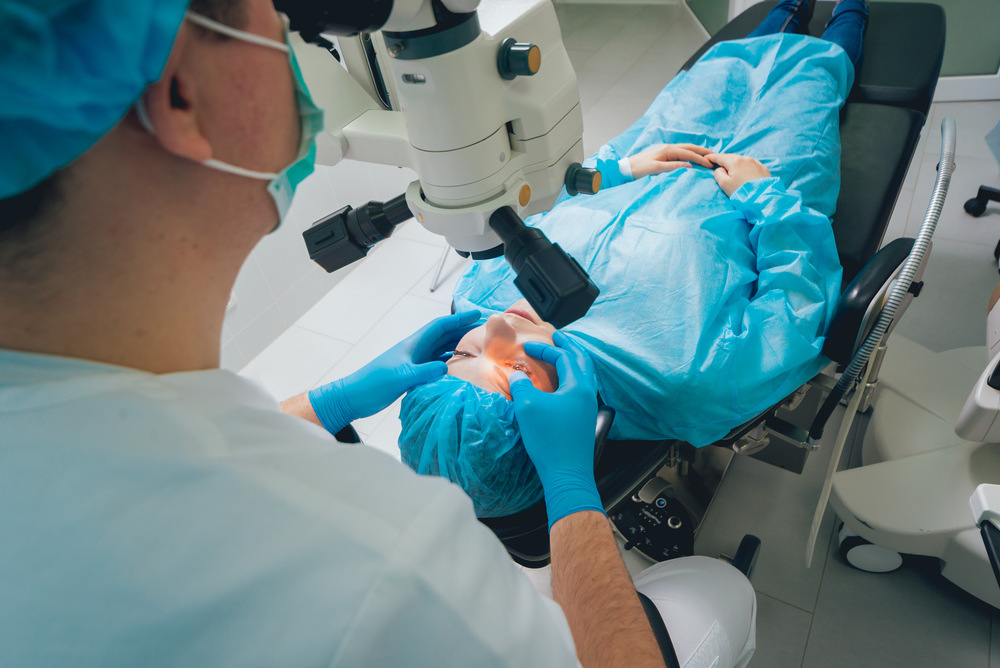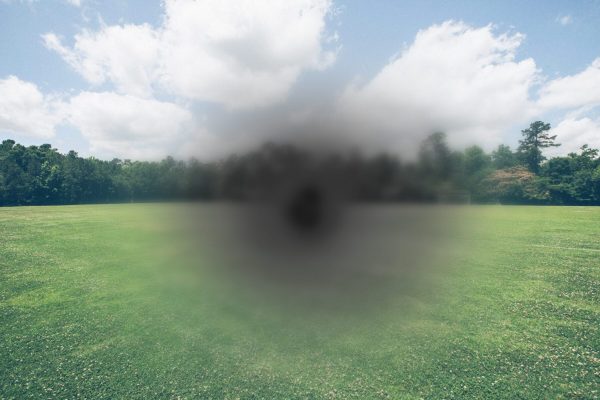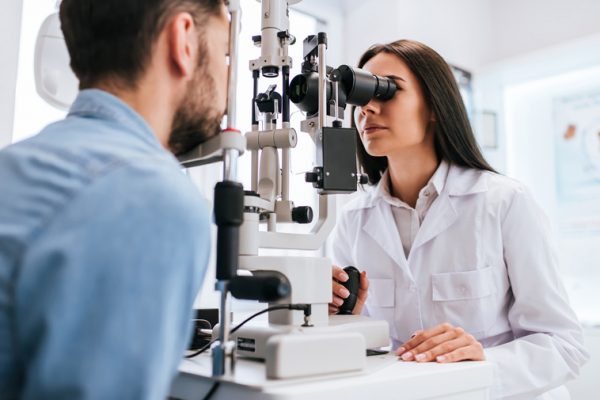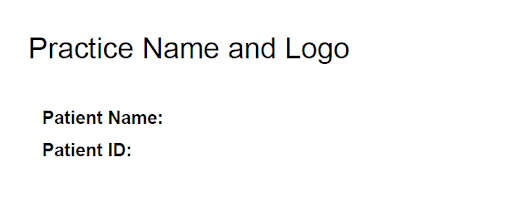Macular Hole Symptoms & Treatments
Improve Your Central Vision With Macular Hole Surgery
When a hole forms in your macula, you may notice diminishing central vision. Over time, and if left untreated, this hole can lead to total central vision loss, while leaving your peripheral vision intact.
Before it can get to that point, you should contact one of our locations to set up an appointment. We may have a solution for you.

What Happens During Macular Hole Surgery?
Like all of our procedures, macular hole surgery begins with an initial exam to ensure it’ll be effective for your eyes.
Macular hole surgery typically lasts an hour and involves your surgeon creating three holes. Then your surgeon will use a special instrument to remove the vitrectomy, a jelly-like substance at the center of your eye.
Your surgeon will remove the membrane on the surface of the retina surrounding the macular hole. Then they’ll fill your eye with an inert gas that diffuses over the next several weeks.
Post-Op Recovery
Following macular hole surgery, you’ll be given an eye shield and placed in a face-down position. Your surgeon will also provide eye drops and instructions on what you can and cannot do.
Signs That It’s Time for Macular Hole Surgery
Early Stage Symptoms:
- Blurred or distorted vision
- Straight lines appear wavy or bowed
- Difficulty reading small print
Early Stage Symptoms:
- Blind spots in your central vision
Related Services
Noticing visual issues that are getting worse? Find out if you’re suffering from a retinal condition and get it checked.
Are you losing your central vision? It may be due to a type of macular degeneration. Find out more here.
Stay proactive about your eye health—it’s the best way to preserve clear vision or correct issues.
Let's Get Started
When It Comes To Eye Health, We’re Your MVP






